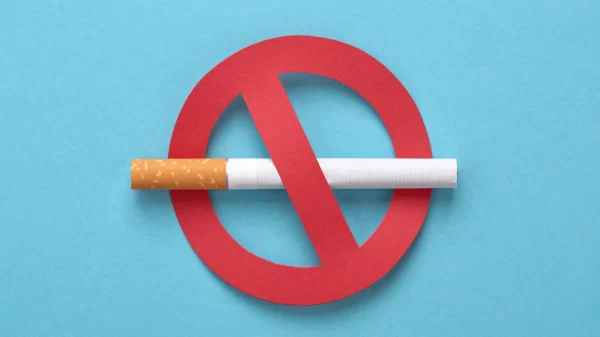By Lee Hedgepeth
Alabama Political Reporter
ORANGE BEACH – Governor Bentley has a message for those suing Alabama over its prison problem and those thinking about it: “You all are crazy to sue us.”
In a speech to the annual meeting of the Alabama Sheriffs’ Association, Governor Bentley responded to some of the controversy surrounding the state’s overpopulated, problematic prison system, specifically addressing current litigation on the topic and foreshadowing the possibility of more in the future.
Saying that the Alabama Department of Corrections needs “time, not lawsuits” to fix issues like improving health care, reducing inmate population density, and preventing abuse of prisoners. Bentley told the gathering of sheriffs that whether the suits are filed by the Southern Poverty Law Center or the United States Department of Justice, ALDOC Commissioner Kim Thomas and his staff are doing their best to address challenges with limited resources, a difficult task not made any easier by litigation.
“What good does it do to sue us?” Bentley said.
The Southern Poverty Law Center has already sued the State, with their brief including claims the SPLC presented earlier in a report published in conjunction with the Alabama Disabilities Advocacy Program. After the release of that report, which included serious allegations of neglect and abuse of large numbers of prison inmates, the groups entered int negotiations with Commissioner Thomas, which they said were largely unproductive.
SPLC attorney Maria Morris responded to the Governor’s “crazy” message by saying that the litigation was an unfortunate last resort. “We, too, are disappointed that needed to take this step in filing this lawsuit,” Morris explained. “Our clients have been needlessly dying and suffering.”
According to Morris and the SPLC’s lawsuit, prisoner neglect is not only widespread, but well documented in Alabama, even by the state. A 2009 report by then DOC Commissioner Allen pointed to the fact that a majority of Alabama’s prisons did not meet the requirements of the Americans with Disabilities Act.
Other situations outlined in the SPLC litigation include only seven of 2280 prisoners with Hepatitis C receiving medical treatment, prisoners dying from lack of cancer treatment, and prisoners being placed under do not resuscitate orders without their knowledge. One man was allegedly stabbed 15 with an icepick and did not receive medical treatment, but was placed in segregation for three months.
The legal nonprofit also recently amended its claim to include more inmates, bringing the number of plaintiffs to over forty, and to document alleged cases of intimidation and abuse of those already listed as litigants against the State.
Thomas and Bentley had already been defending the state’s prison system before the SPLC/ADAP report and lawsuit, with the Department of Justice having filed a report vilifying sexual misconduct inside Tutwiler’s Women’s Facility in January, and the Equal Justice Initiative released a similar one in 2012.
The issue of prison reform has recently bubbled to the surface, though, with Alabama’s system gaining national headlines as a model of mayhem. Typically, a legal standard of about 136% prison capacity is used as a rule of thumb to meet the minimum of Constitutional standards under the Eighth Amendment. With 192% capacity, Alabama has the highest incarceration rate of any state, drastically increasing the likelihood that the state’s prison system – and much of its budget – will be forced into the hands of a federal court system.
Senator Cam Ward, R- Alabaster, is heading up a task force on the issue, focusing on identifying and enacting policies that increase capacity and decrease the rate of incarceration – goals consistent with preventing a federal takeover of Alabama’s prisons and budgets.
The Prison Reform Task Force will have to work swiftly and courageously, though, if it is to accomplish those goals, something it and all of State government will have to do – with or without the threat or reality of lawsuits.















































